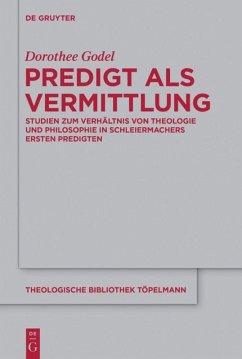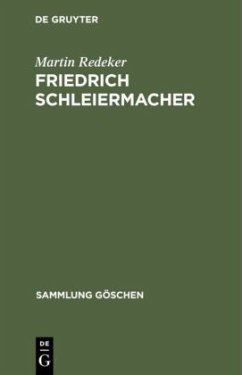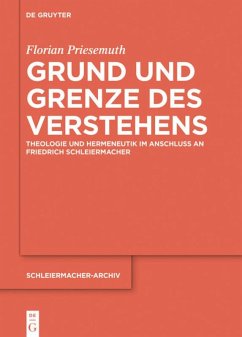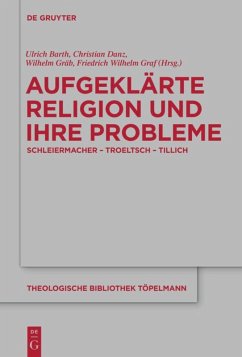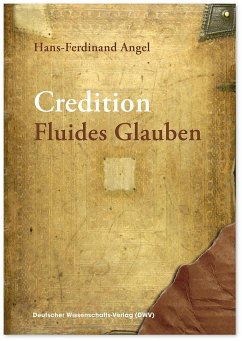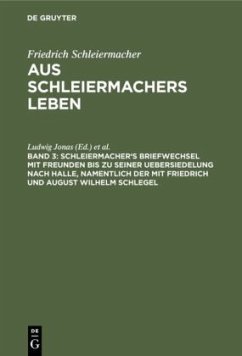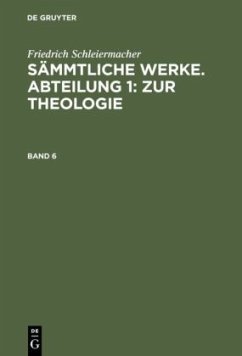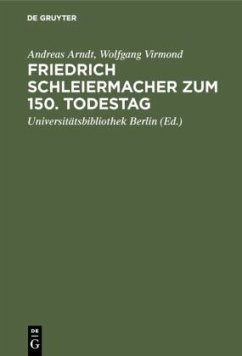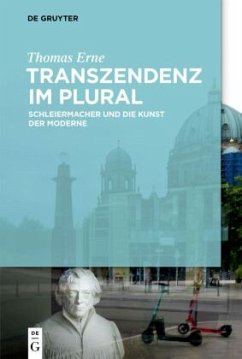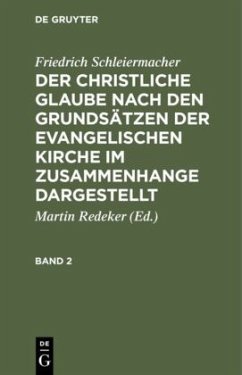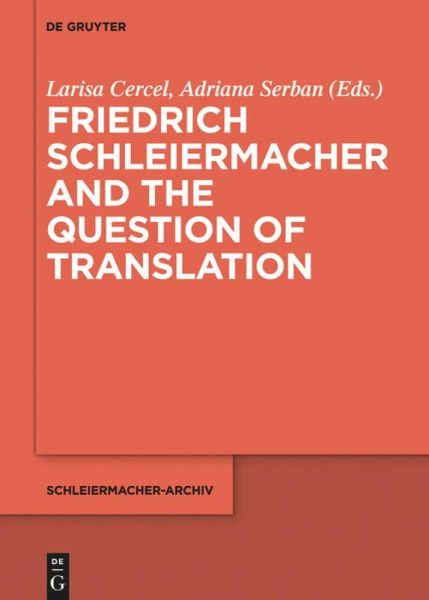
Friedrich Schleiermacher and the Question of Translation
Versandkostenfrei!
Versandfertig in 6-10 Tagen
99,99 €
inkl. MwSt.

PAYBACK Punkte
50 °P sammeln!
The aim of this volume is to assess Friedrich Schleiermacher's contribution to the theory of translation two centuries after his address "On the Different Methods of Translating" at the Academy of Sciences in Berlin, and to explore its potential for generating future innovative work. For the first time this classic text forms the object of a focused, interdisciplinary approach. Scholars of philosophy and translation, working in English, French and German, provide a close reading of Schleiermacher's lecture and combine their efforts in order to highlight the fundamental role translation plays i...
The aim of this volume is to assess Friedrich Schleiermacher's contribution to the theory of translation two centuries after his address "On the Different Methods of Translating" at the Academy of Sciences in Berlin, and to explore its potential for generating future innovative work. For the first time this classic text forms the object of a focused, interdisciplinary approach. Scholars of philosophy and translation, working in English, French and German, provide a close reading of Schleiermacher's lecture and combine their efforts in order to highlight the fundamental role translation plays in his hermeneutic thinking and the importance of hermeneutics for his theorisation of translation, within the historical and literary context of Romanticism. The various contributions revisit key concepts in Schleiermacher's thought, in particular the famous metaphor of movement; examine the relation between his theoretical writings and his practice as translator of Plato, unearthing some of their philosophical and linguistic implications; discuss Schleiermacher's reception in Germany and abroad; and assess the relevance of his ideas in the beginning of the 21st century as well as their potential to inspire further research in translation and interpreting.





